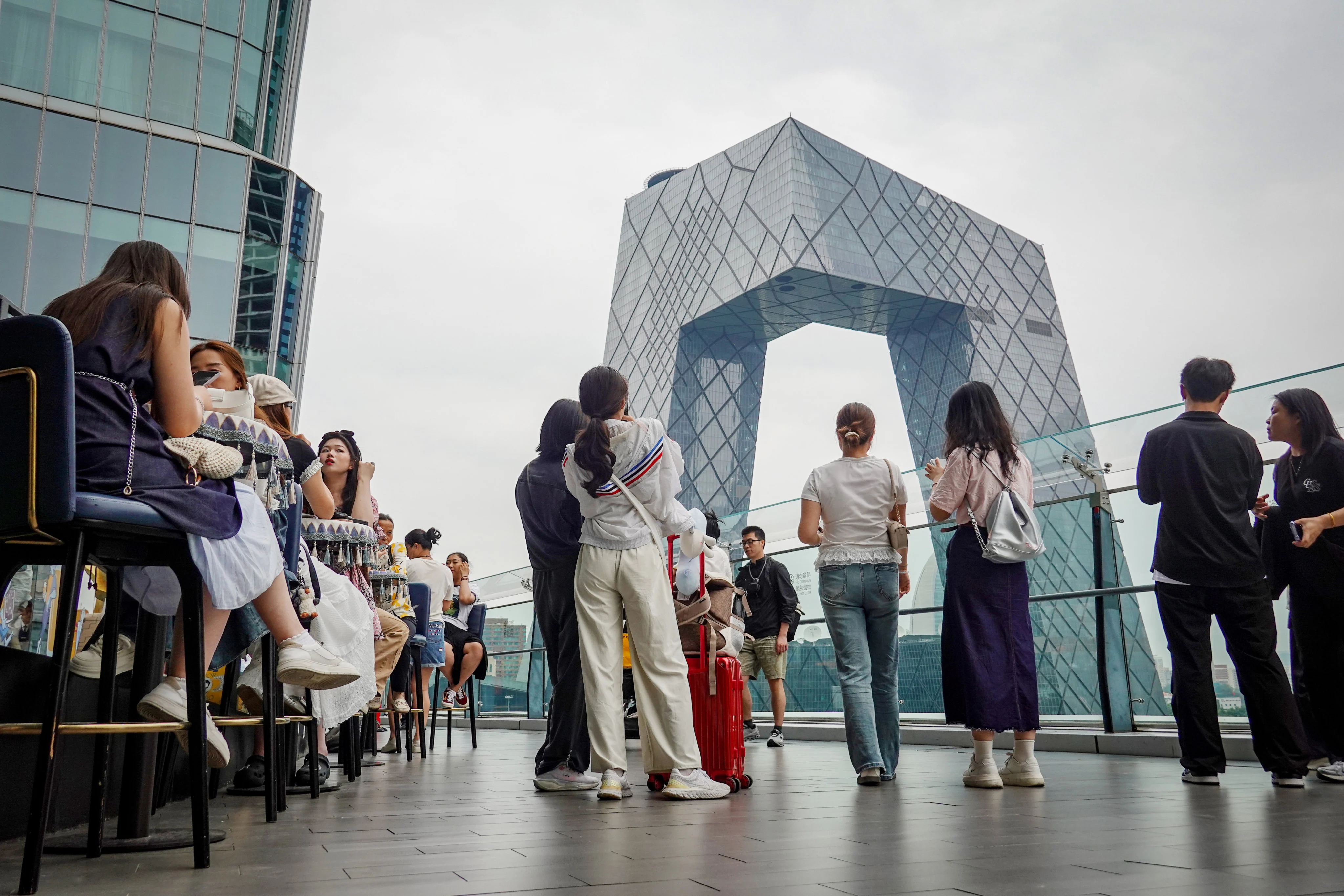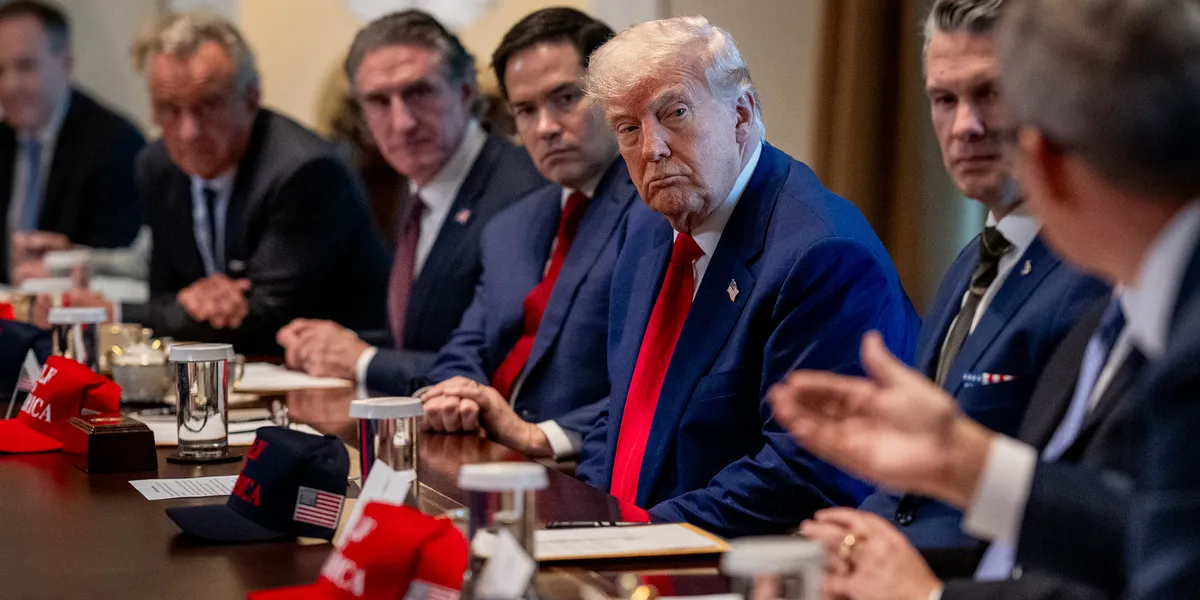By Luna Sun
Copyright scmp

American companies doing business in China are more pessimistic about the next five years than ever before, in the face of rising geopolitical uncertainties, fierce competition and a chronic economic slowdown, according to findings by a prominent business chamber.
Only 41 per cent of surveyed American firms expressed optimism about their five-year business outlook in China, or almost half the rate in 2021, according to a report released by the American Chamber of Commerce (AmCham) in Shanghai on Wednesday.
That marks a record low for the fourth consecutive year, the chamber said, adding that an all-time high of 37 per cent of respondents, up from 28 per cent last year, had a pessimistic or slightly pessimistic outlook, the chamber said.
Despite tremendous variation across sectors, the uncertain US-China relationship is the leading driver, while cutthroat competition, as well as the economy’s slowdown, have together driven down the confidence level, said Eric Zheng, president of AmCham Shanghai, on Tuesday.
“The competition is getting very fierce; it’s hard to succeed,” Zheng said, noting how the situation has changed from how it was 10 to 20 years ago. “When multinational companies came here, it was very easy to execute your strategy. Basically, you just replicated your strategies in the US or other countries, and you could do well in China.”
That is no longer the case, he said, as their Chinese counterparts are becoming increasingly innovative and competitive.
The waning US sentiment is part of a broader pullback by global investors. In the first seven months of this year, China’s actual use of foreign direct investment fell 13.4 per cent, year on year, to 467.34 billion yuan (US$67.6 billion).
Conducted in May and June, the survey polled 254 member companies, 86 per cent of which had been in China for at least a decade, and most of which had been in the country for more than 20 years.
Meanwhile, the respondents also reported significant improvement in the regulatory landscape. More than one-third of respondents said that Chinese government policies and regulations towards foreign companies had improved in the past few years.
A total of 48 per cent of respondents said that the regulatory environment was transparent for their industry, up significantly from 35 per cent in 2024 and 33 per cent in 2023.
Meanwhile, 37 per cent of surveyed firms said foreign and local companies were treated the same, compared with 32 per cent last year.
In April, China unveiled an updated negative list for market access, trimming restricted industries from 117 to 106. The revision signalled a continued easing of entry barriers, particularly in sectors such as television production, telecommunications and online pharmaceutical services.
Nonetheless, US firms in China had weaker revenue expectations for the future amid the ongoing trade war, and just 45 per cent of members expected their revenue to increase in 2025, which would be a record low if realised, the chamber said.
Nearly two-thirds anticipated that tariffs would directly weigh on their top line, and manufacturers could be hit hardest, as 74 per cent expected a decline.
China has slipped farther down the list of global investment priorities for multinationals, with only 12 per cent of firms ranking it as their top destination – a record low and down from 27 per cent in 2021, when the country’s post-pandemic rebound briefly reignited investor enthusiasm.
Looking ahead, as China prepares its next five-year plan, Zheng said US firms would like to see Beijing place further emphasis on addressing structural imbalances between supply and demand while boosting the domestic market so it will not have to rely on exports to sustain growth.
President Xi Jinping on Monday hailed China’s role as a “major contributor and anchor of stability” to the global economy, pledging to further open its markets and share growth opportunities, in a congratulatory letter to the China International Fair for Investment and Trade. Xi said the annual event had become “an effective platform” for deepening cooperation and advancing globalisation.



